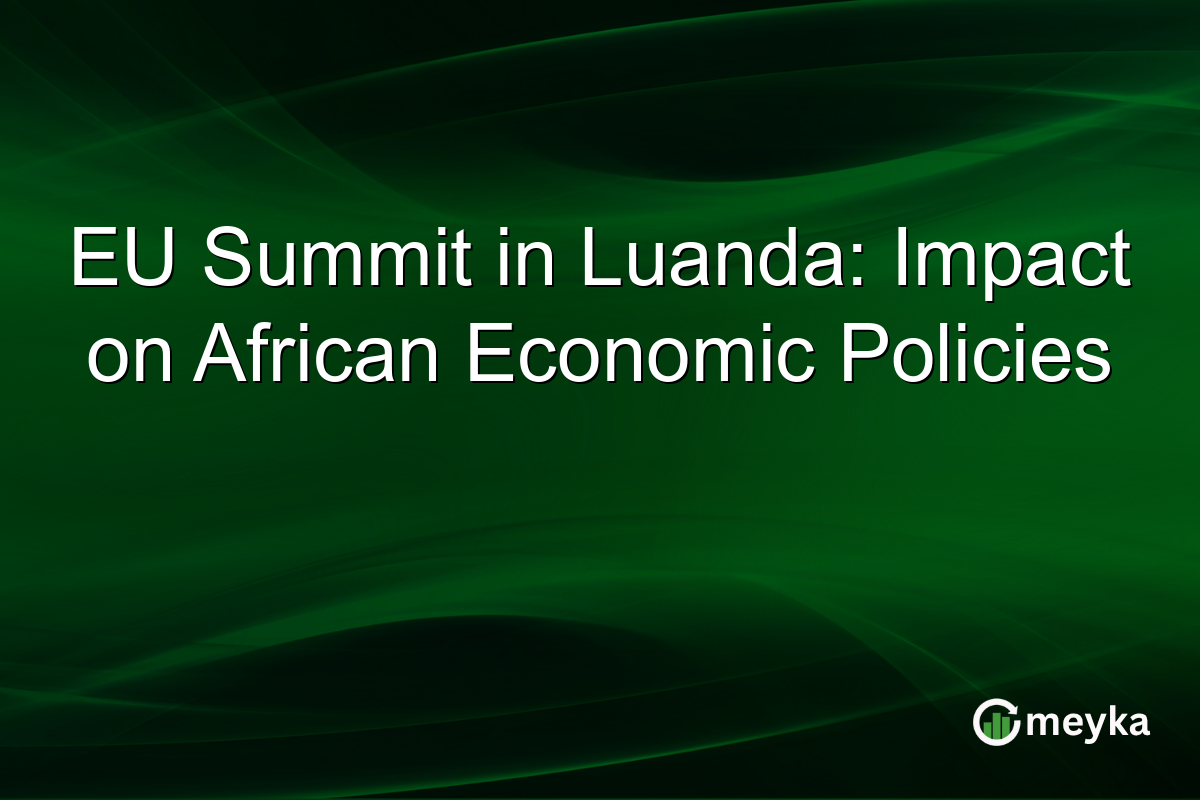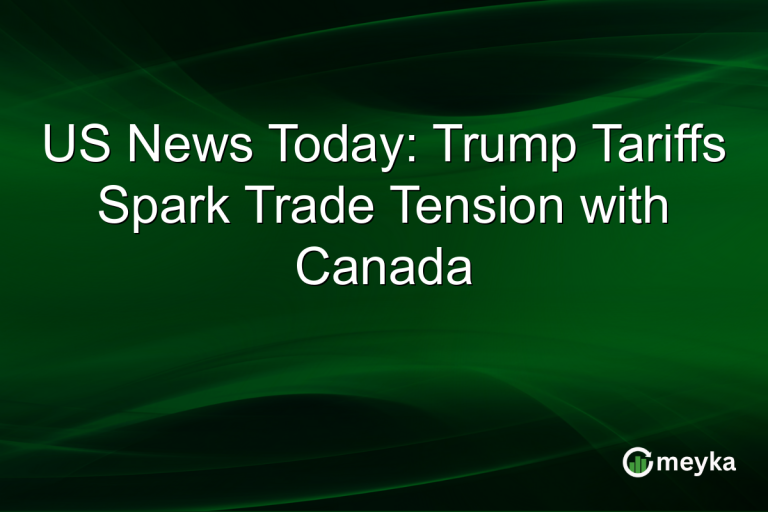EU Summit in Luanda: Impact on African Economic Policies
The upcoming AU-EU Summit in Luanda 2025 holds significant potential for shaping new economic policies across Africa. As leaders from the African Union (AU) and the European Union (EU) gather, there is intense focus on agreements that could redefine trade relations and boost development on the continent. This summit could pave the way for substantial changes, particularly in enhancing market access and creating economic opportunities.
Continue Reading on Meyka
This article is available in full on our main platform. Get access to complete analysis, stock insights, and more.
Read Full Article →





